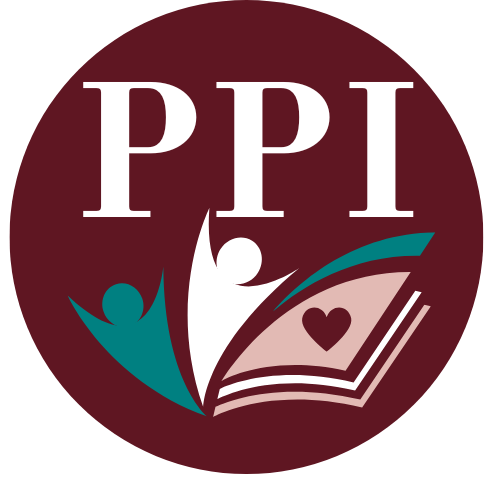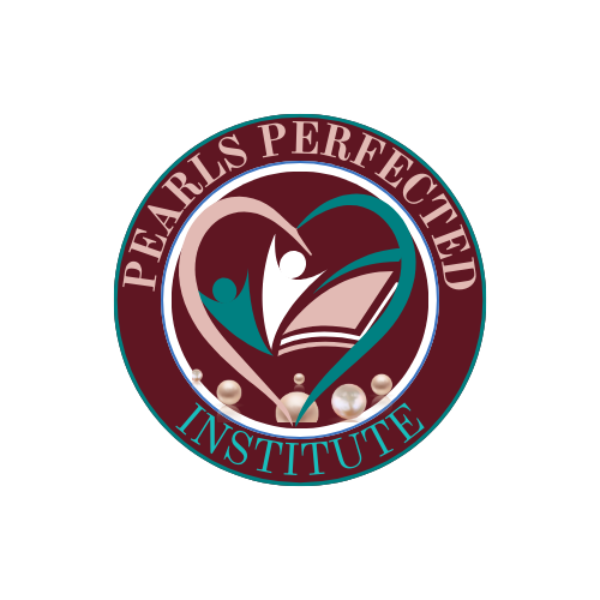This week I want to share with you something helping professionals do not like to talk about…. Imposter Syndrome! You know the feeling when you have tried unsuccessfully to help a client and begin to doubt your own abilities. The worst part is when you believe the voice in your head that has the nerve to suggest you might be a fraud. Sure it is okay when thoughts of not being good enough exists in the minds of our clients because you know how to help them. However, when these destructive thoughts enter your own mind do you take the same medicine you dish out to our clients?
Since you already know what imposter syndrome is I will spare you the details. However, I do want you to know that when you experience such thoughts you are not alone. If you are in the workplace you may recognize it in yourself or the person sitting next to you. According to an article
“Despite Professional Successes Many Women Still Experience Imposter Syndrome” the Survey Center on American Life reports young women struggle the most. They reported “More than 55% of young women report that they have felt that they are not good at their job at least once or twice in the last week.” This exists even among those with educational achievements, credentials and professional success.
The good news is that the thoughts and feelings associated with imposter syndrome seem to lessen as we age. Most likely this is the case because the older we get the more likely we are to be able to look back over our lives and recognize our accomplishments and where we have made a difference. Or maybe at a certain age we are more confident in our abilities and the gifts and talents God has blessed us with.
One of the greatest ways
to overcome imposter syndrome is by recognizing your accomplishments. However,
as women we are sometimes reluctant to share our accomplishments because it may
be perceived as self-promoting. In the Forbes article The Soul- Crushing Truth
About Women and Self-Promotion, author Jo Miller, award winning speaker and researcher states
“It’s been well documented that women tend to be reluctant to share their own
accomplishments, and at the same time they are eager to celebrate and promote
someone else’s.”
In the workplace, women
benefit from having work friends. According to the Survey Center on American
Life “women who say they are supported by their coworkers are also less likely
to report doubting their professional accomplishments.”
When I think about my
own workplace experiences I remember receiving an international award from a
software company that according to them was a pretty big deal being selected
from over 500 organizations. In preparation for receiving the award the vendor sent
their marketing team out to do a photo shoot and interview me in person. After
attending the convention and receiving the award I returned back to work
excited about the accomplishment not just for me but the organization I worked
for. Imagine my surprise when I was accused of self-promoting. This experience
left me gun shy about speaking up about my achievements. As I look back I am
thankful God gave me a temperament that is not driven by punishment or reward.
Being an entrepreneur in
most cases you do not always have a coworker to encourage you which means you
can be especially susceptible to imposter syndrome. Both men and women are
challenged but men have more intense feelings. That makes sense in so many
ways. Afterall, when a woman goes into business for herself she has most likely
already checked off all of the boxes before she made her final decision to
become an entrepreneur and is pretty confident in her decision.
Overall, Imposter
syndrome can be a daunting challenge for any professional, particularly those
in client-facing roles. Take a few moments and think about any self-doubt you
have in your own abilities. Are you aware of the types of situations that bring
on this type of thinking? Maybe it is
when you are speaking with a potential client. Maybe it is when you are asked
to speak to a large audience. But I have learned over the years the sure-fire
way to experience imposter syndrome is by comparing yourself to others.
Regardless of when it
happens here are 5 ways you can overcome imposter syndrome and keep it from
holding you back from being all that God created you to be.
1.
Know yourself. Do you know what causes you to have feelings of insecurity? One
of the ways I help my clients is by having them complete a temperament
assessment. Why? Because the results help individuals see how God has wired
them, how they gain and lose energy, and how they might be challenged in
certain situations. Knowing my own temperament has saved me much heartache and
frustration. If you are interested in taking a temperament assessment contact
me at info@janicerlove.com.
2.
Tap into your Faith – Some people use affirmations and positive thoughts to help with
confidence. Nothing reassures me like reading scriptures reminding me I was created
in the image of God. In tough times I focus on scriptures like Philippians 4:13
reminding me “I can do all things through Christ who strengthens me.” The Bible
contains many scriptures to strengthen your faith and recognize God’s
willingness to help you. I don’t have enough space in the article to list all
of my favorites but what’s stopping you from putting your favorite scriptures
in a place where you can access them regularly.
3.
Recognize God’s hand in
your success. - Have you ever taken the
time to document your life experiences and how God worked things out for your
good? One of the ways I help my clients is to have them to complete what I call
a God Resume. If you are familiar with a resume you know it describes your
career accomplishments. When you complete a God Resume you not only have an
opportunity to think about your own accomplishments but you also take the time
to see God’s hand in your life. Did you know that God predetermined what your
gifts and abilities would be? Having a
God resume helps you to realize who is ultimately in control. Don’t have a God
Resume? You can complete your very own in 5 days or less. Click the My God Resume link and complete it for free.
4.
Tell your story - Have you written your
memoir or written a book designed to help others? Sharing my story in the three
books I have written and published is a constant reminder that my life
experiences good or bad can help someone else. I love hearing other’s stories
of triumph and success and how they are giving back. This is one of the main
reasons I created my weekly streaming show, “Asking for a Sister Friend” which
airs every Sunday evening at 7:00 p.m. CST. Follow me to receive notification
when I go live. Each Sunday, I interview a mental health and wellness
professional on their expertise and how they show up in the world. Are you
ready to share your story? Complete a contact form and let’s chat.
5.
Share your knowledge - Nothing gives you
confidence and confirmation like sharing your expertise with others. Whether
you write a blog, a book, teach, have a podcast or another creative way to
share your expertise, you probably have resources which would be useful to
others. That’s why I created the PPI Client Learning Portal. Our client learning portal acts as a centralized repository of
resources and information, providing you with the tools and knowledge you need
to combat imposter syndrome head-on. By creating a wide range of educational
materials, including training videos, articles, guides, and e-books you can
help your clients to learn outside of the one-on-one session. By creating this
continuous learning journey for your clients it not only enhances your
expertise but also instils a deep sense of confidence in your abilities. Click here to learn more.
Unfortunately, from time to time as
professionals we will experience imposter syndrome. I hope the solutions
mentioned above can be helpful to you as you continue to navigate your
professional journey. As always, Pearls Perfected Institute is on a mission to
transform mental health and wellness professionals into “experts” with
user-friendly technology that keeps clients learning long after their
sessions.”
See you next week and feel free to Like and
Share!
Blessings,
Dr. Janice R. Love
Founder CEO Pearls Perfected Institute



